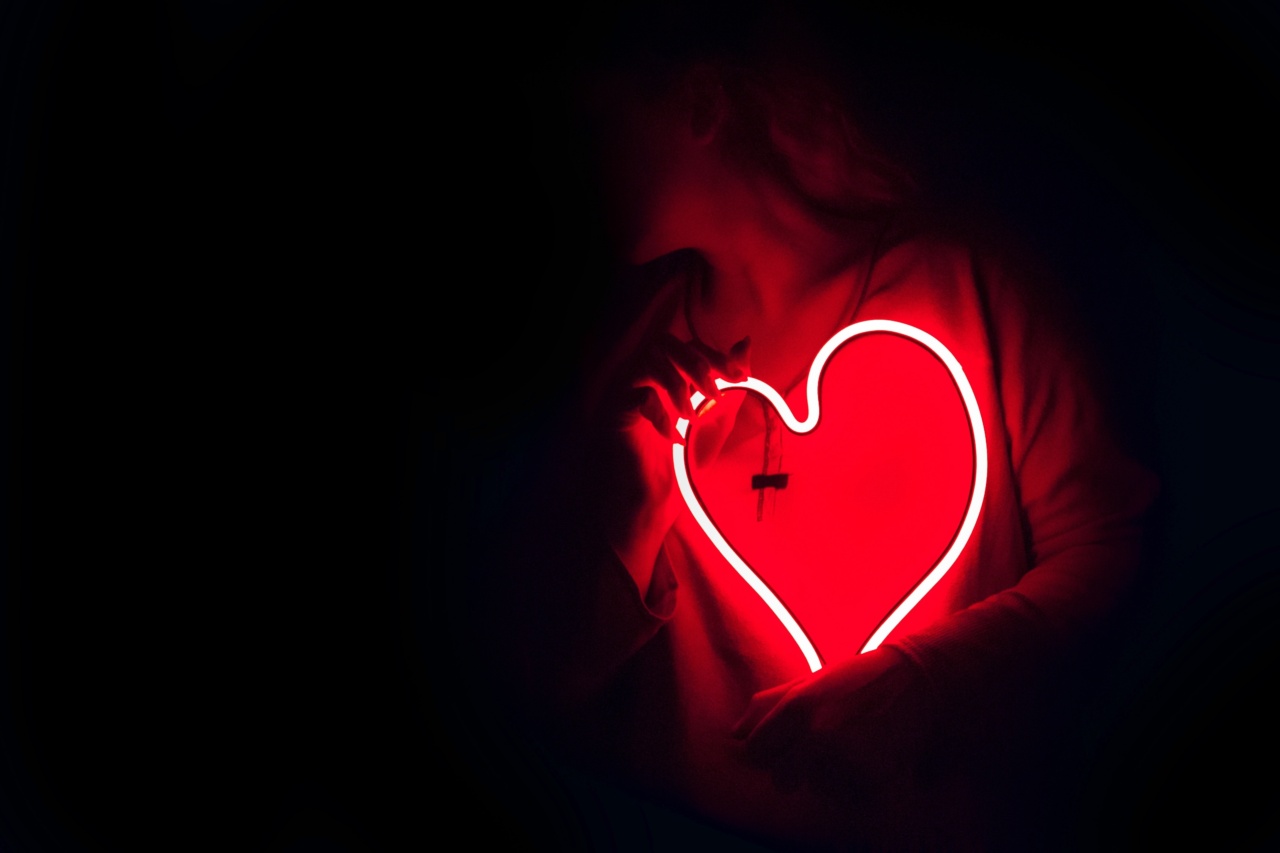Heart attacks are a serious medical condition that require immediate attention. Recognizing the symptoms and understanding when to seek help can be crucial in saving lives.
While chest pain is a common symptom associated with heart attacks, there are also several other signs to watch out for.
In this article, we will explore the various symptoms of a heart attack to help you better understand this life-threatening condition.
Understanding Heart Attacks
A heart attack, also known as a myocardial infarction, occurs when the blood flow to the heart muscle is blocked. This obstruction is usually caused by a blood clot, which forms in a narrowed coronary artery.
Without prompt medical treatment, a heart attack can lead to serious complications and even death.
The Classic Symptom: Chest Pain
One of the most common symptoms of a heart attack is chest pain or discomfort. This pain is often described as a feeling of pressure, tightness, squeezing, or burning in the chest. It may also radiate to the arm, shoulder, back, jaw, or neck.
The intensity and duration of the pain can vary from person to person.
Shortness of Breath
In addition to chest pain, many people experiencing a heart attack also have difficulty breathing. They may feel as though they are unable to get enough air or that they are suffocating.
Shortness of breath can occur before or during chest pain and may worsen with physical activity.
Nausea, Vomiting, and Indigestion
Some heart attack victims experience gastrointestinal symptoms, such as nausea, vomiting, and indigestion. These symptoms are often mistaken for common digestive issues, leading to a delayed diagnosis.
If you experience these symptoms in combination with other heart attack signs, it is important to seek immediate medical attention.
Extreme Fatigue
Feeling unusually tired or fatigued is another common symptom that may precede or accompany a heart attack. Many individuals report a sudden and overwhelming sense of exhaustion, even with minimal physical exertion.
This extreme fatigue is often overlooked or attributed to other factors, but it can be a warning sign of a heart attack.
Cold Sweats
If you suddenly break out in a cold sweat, it could be an indication of a heart attack. Cold sweats are often accompanied by other symptoms like chest pain or shortness of breath.
The sweat may be profuse and unrelated to temperature or physical activity.
Lightheadedness or Dizziness
Some heart attack victims experience lightheadedness or dizziness, which can be a result of the decreased blood flow to the brain. This symptom may occur before or during a heart attack and should not be ignored.
If you feel lightheaded or dizzy, especially in conjunction with chest pain or other concerning symptoms, seek immediate medical help.
Discomfort in Other Areas
While chest pain is the most common symptom of a heart attack, some individuals experience discomfort or pain in other areas of the body. This can include the arms, shoulders, back, jaw, or neck. The pain may come and go or be constant.
If you experience any unexplained discomfort in these areas, it is important to consider the possibility of a heart attack.
Unexplained Anxiety
A sudden sense of anxiety or impending doom can occur in some individuals experiencing a heart attack. This feeling may be accompanied by other symptoms or occur on its own.
If you have no history of anxiety issues and suddenly feel overwhelming anxiety, it is important to seek medical attention.
Women and Heart Attack Symptoms
It is important to note that women may experience different heart attack symptoms compared to men. Women are more likely to have atypical symptoms such as nausea, vomiting, jaw pain, or extreme fatigue.
These differences can often lead to a delayed diagnosis, as these symptoms are not immediately recognized as signs of a heart attack.
When to Seek Help
If you experience any of the above symptoms, especially chest pain or discomfort, it is crucial to seek immediate medical attention. Do not hesitate to call emergency services or go to the nearest hospital.
Remember, swift medical intervention can make a significant difference in the outcome of a heart attack.
Conclusion
Heart attacks are life-threatening events that require immediate medical attention. While chest pain is a common symptom, it is essential to recognize the other signs associated with a heart attack.
Shortness of breath, nausea, extreme fatigue, cold sweats, lightheadedness, discomfort in other areas, unexplained anxiety, and atypical symptoms in women should not be ignored. If you experience any of these symptoms, seek medical help promptly to increase your chances of a positive outcome.



























